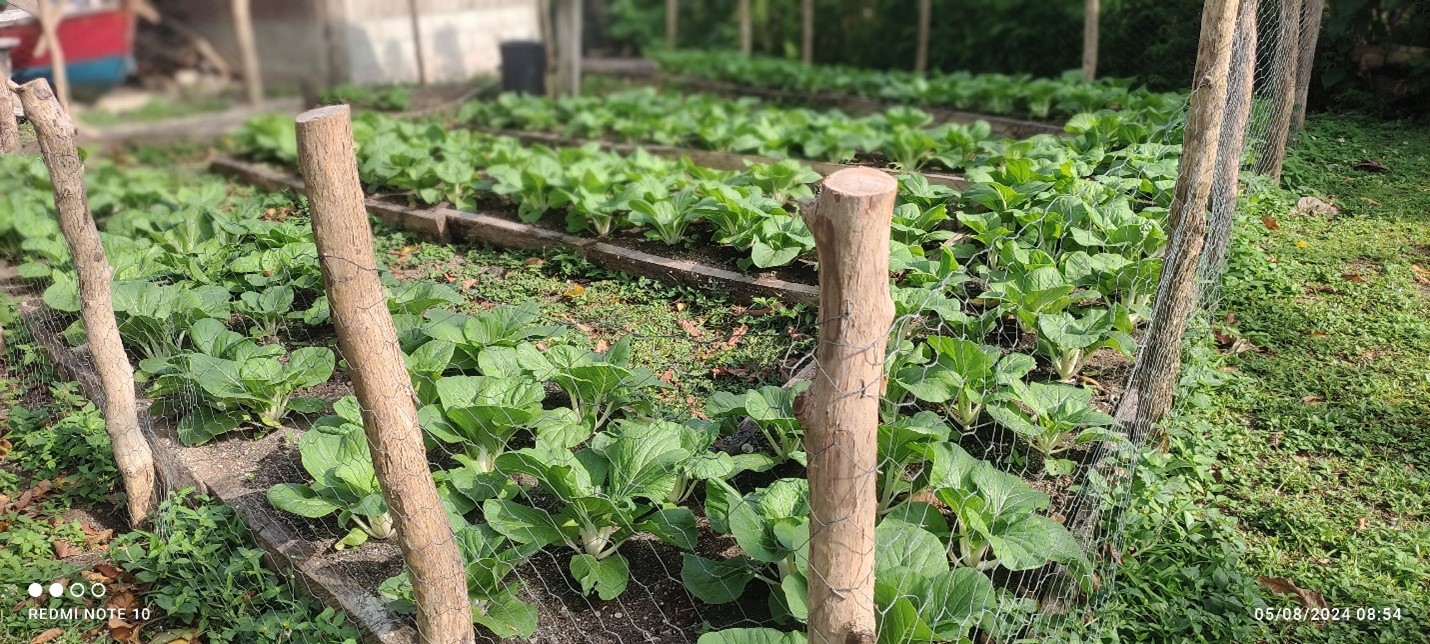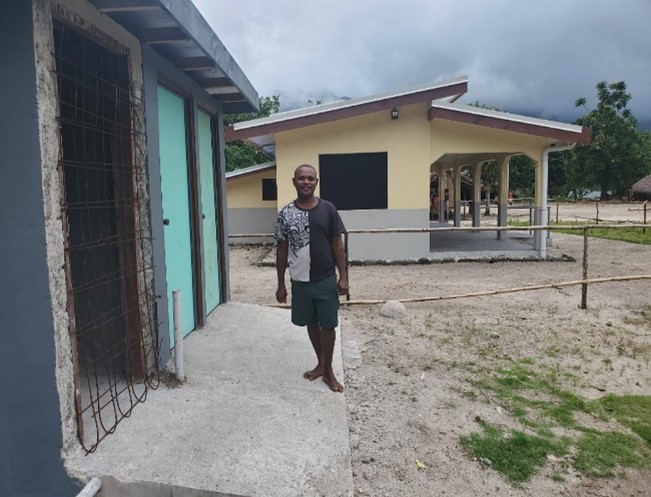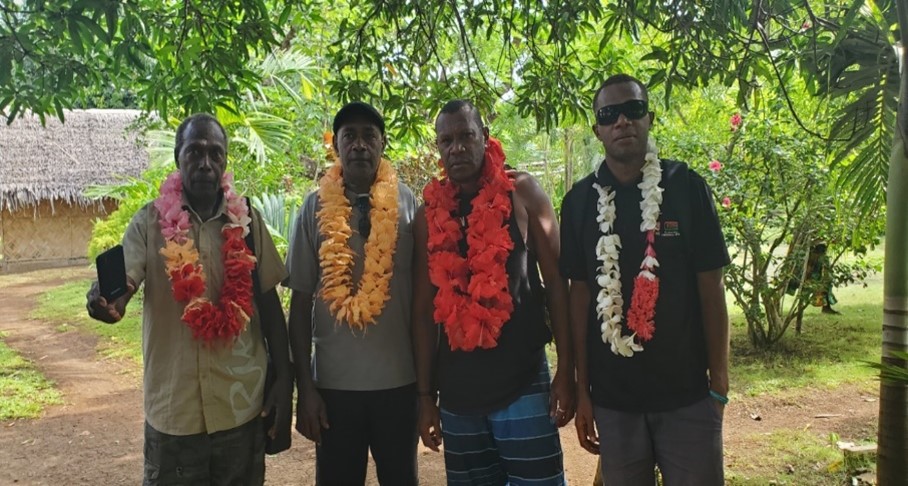The Probation Services, a vital part of the Correctional Services Department, has shared the stories of three individuals who completed their probation, parole, and Community-Based Sentences (CBS) in TORBA Province, showing the value of rehabilitation programmes and the community’s role in supporting positive change and reintegration.
Probation Services in TORBA supervises individuals placed under CBS, such as Community Work and Supervision. These sentences, often for minor offences, offer offenders a second chance to rebuild their lives and become law-abiding citizens. CBS are based on the Tokyo Rules established by the United Nations (UN) in 1990, which promote alternatives to imprisonment and encourage rehabilitation and community involvement in offender management.
“We believe that every individual, regardless of their past mistakes, has the potential for change,” says Mr. Towbah, TORBA’s Probation Officer. “With the right support, offenders can return to society as productive members, engaging in normal activities like work, study, and sports. This is possible through our rehabilitation programmes and the support of local community leaders.”
He said the key to the success of probation and parole programmes in TORBA Province is the involvement of various community stakeholders. Chiefs, pastors, local leaders, youth groups, and other agencies all contribute to the rehabilitation process, helping to ensure that offenders return to their communities with purpose. The collaboration between the Probation Unit and the TORBA Provincial Authority, alongside Area Administrators and Community Justice Supervisors, has been vital in building a system that promotes rehabilitation, restoration, reparation, and reconciliation. Mr. Towbah shared the positive impact these efforts can have on individuals, families, and the wider community.
Joshua Lombu, a former parolee, has successfully established a vegetable and island crop farming business that supports his family and keeps him focused on the future. Through his project plan, Lombu has built a stable income and contributed positively to his community. His experience shows the value of community-based rehabilitation and the support he received from his probation officer and local leaders.
Jerry Jonathan’s journey is another example of successful reintegration. Upon his release from the Correctional Centre, he was welcomed back into his village with a special event organised by his community leader. The event was attended by the President of TORBA Province, the Community Liaison Officer, and his Probation Officer, who all recognised his return and commitment to rehabilitation. Jonathan’s farming project, which he started as part of his parole plan, has provided him with a steady income and helped him maintain a crime-free life.
Misel Diniwok, a former offender from Ureparapara, changed the course of his life by starting his own building and construction company. Through his parole project plan, Diniwok successfully built several permanent structures, including a cooperative building. His dedication and project success have provided him with a reliable livelihood and contributed to local development.
The progress of the TORBA Probation and Parole programme is the result of shared effort. The involvement of community justice supervisors, police, pastors, teachers, youth leaders, and women’s organisations is central to the rehabilitation and reintegration process. Together, they help create an environment where offenders can rebuild their lives and play a positive role in society.
The Probation Unit thanks all the stakeholders who have contributed to these success stories. Through their support, offenders gain the tools and opportunities they need to move forward and help their communities. “We are grateful to the community of TORBA and all our partners for their continued support in making the community justice system effective,” adds Mr. Towbah. “Together, we are not just changing the lives of offenders; we are strengthening our entire community.”
The Probation Services is an arm of the Department of Correctional Services dedicated to supervising and supporting offenders placed under CBS.



